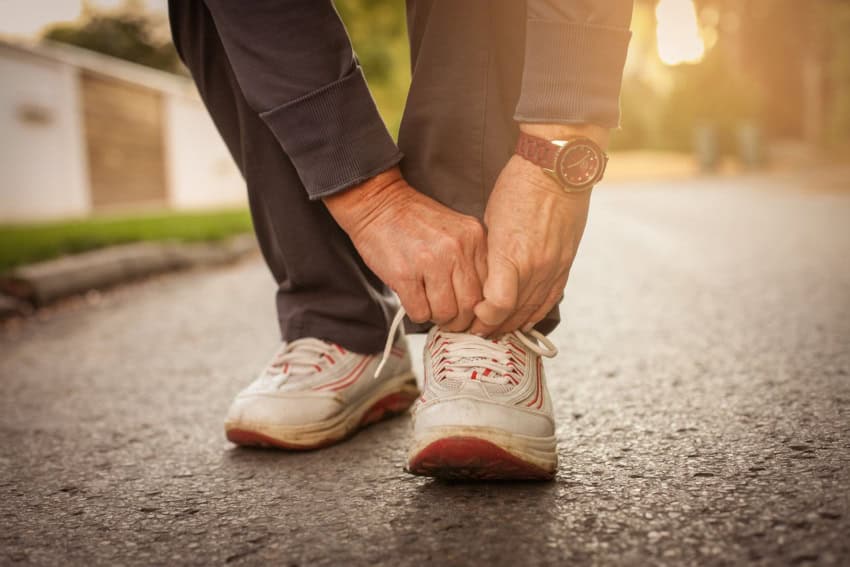As the world advances and battles with a pandemic, the golden rule of ‘health is wealth’ has never rung more true than today. An active healthy lifestyle is not a trend it’s an essential code of life. Unhealthy snacking might be the reason of gaining extra pounds.
Since obesity is nothing but an alarming sign of exposure to a plethora of diseases, here are some tips that can help in shedding extra pounds through walking. Staying fit does not always include a strict workout. Rather it can include walking and jogging on a regular basis.
Improving heart health:
In a short span of time, Pakistan along with many other countries has been challenged by many heart diseases. Walking can reduce the risk of cardiovascular disease and also improve longevity.
Promoting mental health:
A healthy person requires to feel fresh both mentally and physically. Walking regularly can not only improve a person’s cognition but can also aid in battling depression and anxiety.
Combating obesity:
Obesity which is commonly referred to as being fat can put us at risk of several chronic diseases. Research shows that walking can significantly benefit obese individuals as staying active will help fight the excess weight and the metabolism will also be uniform.
Maximizing your NEAT:
Non-Exercise Activity Thermogenesis or NEAT is essentially the energy expended for anything besides formal exercise and sleep. Performing house chores such as walking and cleaning can have a positive contribution to one’s NEAT. NEAT can be a great tool for helping you achieve your goals. Moreover, going for a walk a few times a week can lead to burning 200 plus calories.
Check the weather:
Before going out for the everyday walk, it is essential to keep a check on the weather. Living in a hot or cold environment can affect the walk schedule since in hotter regions the time 5.p.m is generally preferred. On days like rain or storm as predicted by the weather forecast, one can shift the walk time to some other time slot to avoid missing the daily exercise.
Hydrate:
Keeping yourself hydrated is essential before going for a long walk. Moreover, it is advisable to remain hydrated during the day and drink two cups of water at least 30-60 minutes before your walk. After the exercise, one should make a habit to rehydrate. Avoid any sugary sodas or electrolyte drinks; if you’re walking at a moderate intensity, water will do just fine to rehydrate the body.
Get the right gear:
Exercise in the right gear can eliminate the prospect of uncomfortably during the action. Flip-flops should be tossed away and a good pair of sneakers should be worn. Not only will this help in the proper positioning of the posture, but will also significantly reduce the risk of injury. Moreover, it can help improve stride and make walking a larger distance more convenient.
Pick up the pace:
Walking in intervals is a great way to help you burn more calories and keep your walk enjoyable. Warm-up with a stroll then aims for a quick pace throughout your walk every five minutes to keep things excited. Power walking for weight loss can make a big difference in your overall health.
Set a goal:
Workout goal works like incentives and motivational push while walking. After optimizing your pace, one needs to set a benchmark so that walking for a certain time period say 30 to 60 minutes helps with stamina and shape up a routine.













